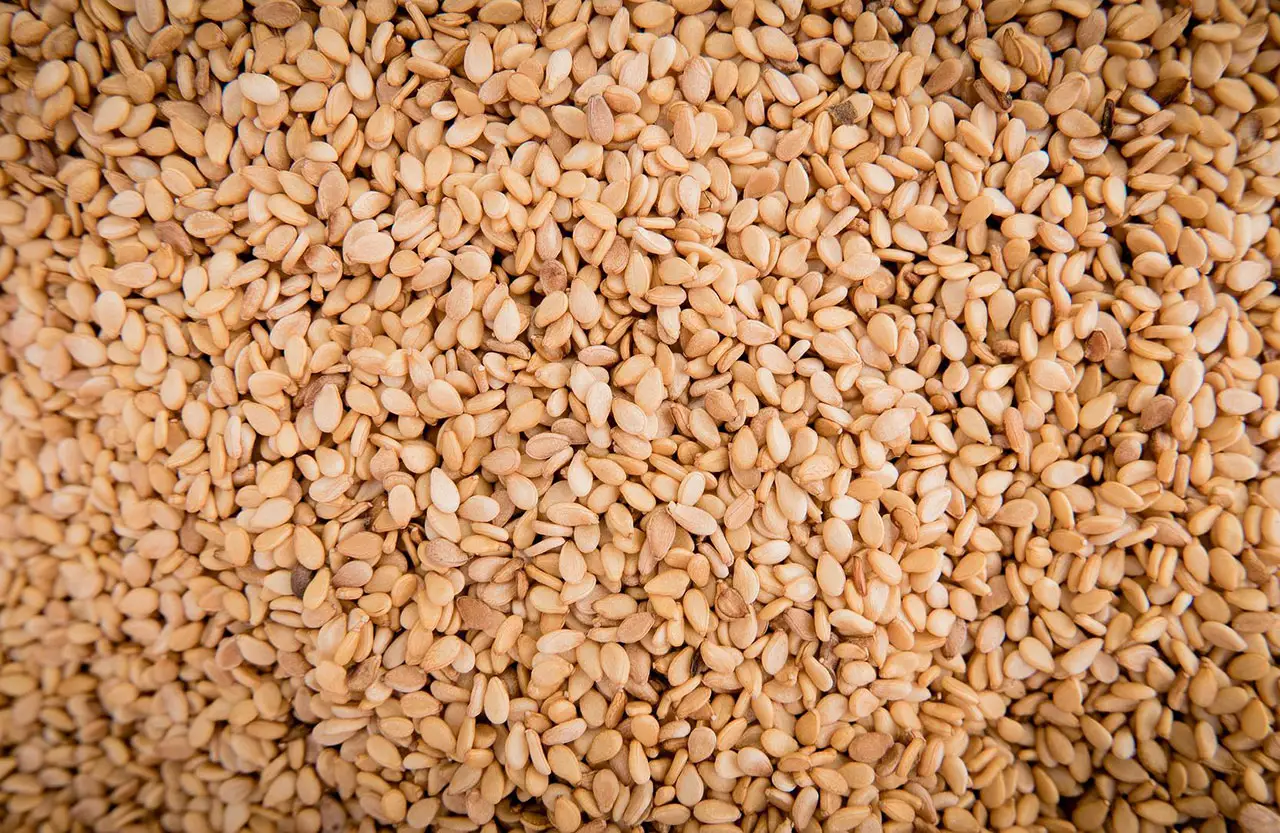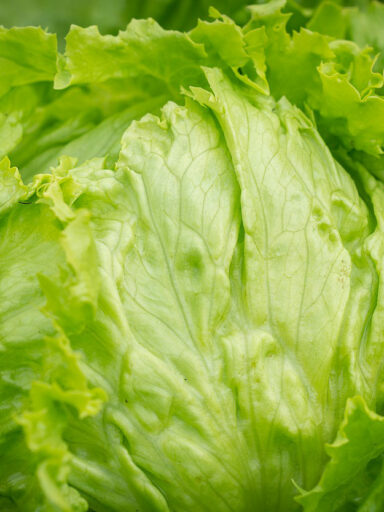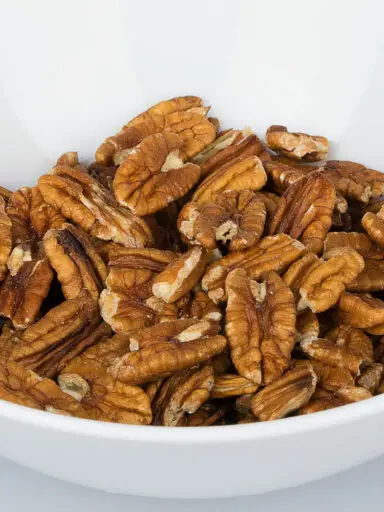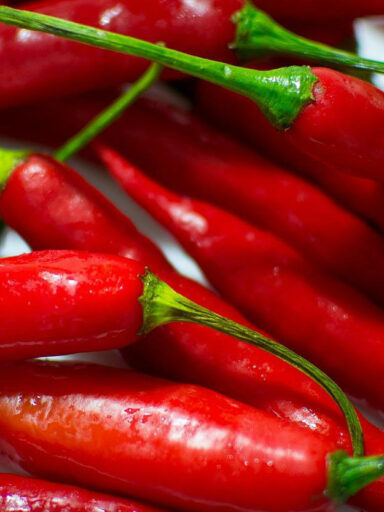Sesame is a flowering plant also known as benne that is grown for its edible seeds. The world’s largest growers of this plant are India, China, Nigeria, Myanmar, and Tanzania. It is an important ingredient in a lot of Asian dishes and others across the world.
It is native to parts of Africa most notably sub-Saharan Africa and India. The name is derived from the Arabic semsem or Simsim.
Sesame is an annual plant that grows to maturity at about half a meter to one meter tall. the leave tends to grow to about half a foot long and about 2 inches wide. It has flowers that vary in color from yellow, white, or blue to purple.
The seeds tend to come in several colors but the most common varieties are cream to off-white in color. Other colors include brown, black, gold, red, and gray. The seeds are contained in a sesame fruit pod that grows up to 8 cm in length. The pod usually splits and scatters the seed when mature.
These seeds which grow to about 4mm long are oval in shape and flat on two opposite ends. The crop requires well-drained, fertile soils to thrive. They also grow best in warm conditions.
Sesame seeds are available in markets all year round. They may be sold, whole, husked, dried, or toasted depending on where you buy them.
The seeds turn rancid in the presence of air and therefore should be stored in an airtight container. They should be stored in a cool dark and dry place where they can keep for several months. Hulled white seed should be stored in a refrigerator.
How to use Sesame Seeds in Dishes
Sesame seeds are cherished for their rich nutty flavor. They are usually used as a paste mixed with other vegetable oils or roasted and added to several other recipe preparations as an ingredient. The paste is popularly known as Tahini which is used in making hummus in the Middle East.
Toasted sesame is sprinkled over Sushi preparations, salad, bread, stir-fry, cake, and biscuit preparations. It can also be sprinkled over dessert and other sweets. It is also mixed with molten sugar or caramel and sold as a snack sometimes also mixed with peanuts, almonds, or Jaggery. It can also be used to make margarine.
In parts of southeast Asia, oil is used in cooking.
Nutritional Benefits of Sesame Seed
Sesame seeds contain 573 calories per 100 grams. They are rich in oil and fat, carbohydrates, and protein and they contain no cholesterol at all. They are also a good source of dietary fiber. The seeds are very rich in the monounsaturated fatty acid, Oleic acid, which comprises 50% of fatty acids found in Sesame.
The seeds are rich in antioxidants, vitamins, and minerals. It is especially rich in B-complex vitamins. This includes being rich in folates, niacin, and pyridoxine as well as riboflavin and thiamin.
It is also rich in potassium. Other minerals which you are plenty of in these seeds include calcium, magnesium, and manganese. Others are phosphorous, selenium, and zinc. The sees are especially rich in iron and copper.




